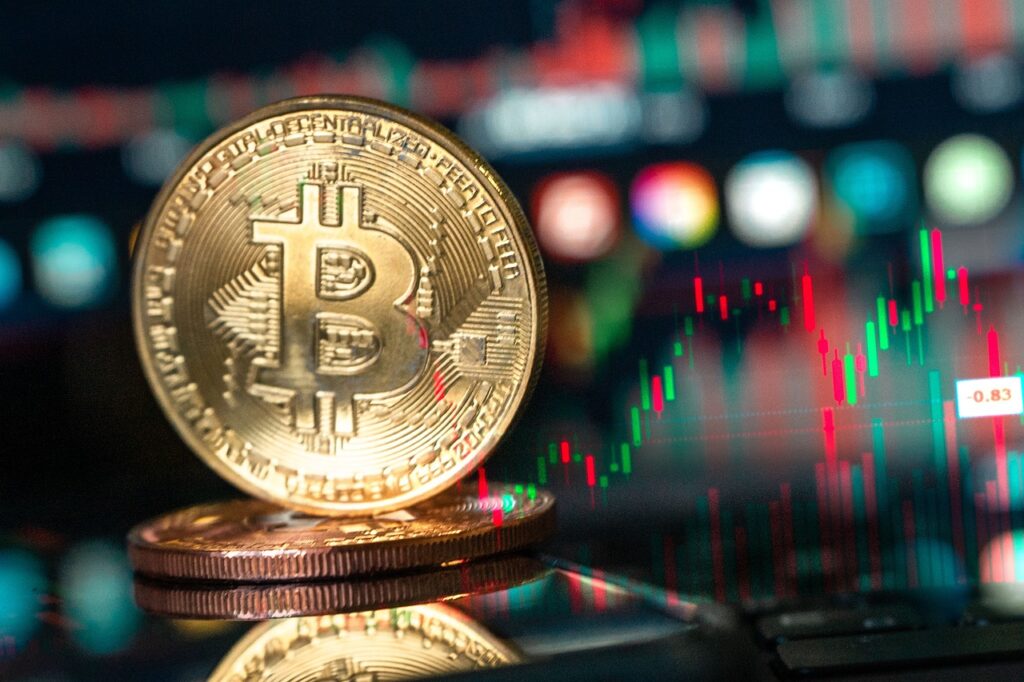- Former presidential candidate Ron Paul believes Bitcoin should be allowed to compete with the U.S. dollar.
- Libertarians see crypto as a challenge to central banks and fiat systems.
- Rand Paul also questions the reliability of government-backed currencies and suggests crypto could become a global reserve currency.
- Institutional adoption, such as BlackRock offering direct Bitcoin exposure, could boost BTC’s trillion-dollar potential.
Bitcoin Should Compete with the Dollar, Says Ron Paul
Former U.S. presidential candidate and Libertarian icon Ron Paul has once again voiced his support for Bitcoin, stating that it should be allowed to function as legal currency and compete directly with the U.S. dollar.
At 90 years old, Paul remains a strong advocate for free markets, criticizing the dominance of centralized financial institutions and government-backed subsidies. His stance echoes the broader Libertarian philosophy, which has long embraced Bitcoin as a tool for financial freedom and decentralization.
Also Read: Bitcoin Holds $112K – Cautious Optimism as Trendline and On-Chain Metrics Align
Why Libertarians Like Ron Paul Love Crypto
Ron Paul, who challenged Mitt Romney during the 2012 Republican primaries, gained notoriety for his calls to audit the Federal Reserve, promote borderless trade, and embrace decentralization.
These principles align closely with the origins of Bitcoin, which emerged in 2008 during the financial crisis. Early adopters—including privacy advocates, cypherpunks, and Libertarians—saw Bitcoin as a way to bypass central bank control and challenge fiat currency supremacy.
For Libertarians, Bitcoin represents not just an investment, but a political and economic revolution.
Rand Paul Continues the Crypto Legacy
Senator Rand Paul (R-KY), Ron Paul’s son, has also spoken in favor of cryptocurrency. In a 2021 Axios interview, he suggested that cryptocurrencies might one day replace government currencies as confidence in fiat weakens:
“Government currencies have become so unreliable… I’ve now started to question whether or not cryptocurrency could actually become the world’s reserve currency as more and more people lose confidence in the government.”
However, Rand Paul’s stance is not fully aligned with U.S. government efforts. Recently, he opposed a Trump-backed proposal on stablecoin transactions, calling them counterproductive. This shows that Libertarian leaders remain cautious of government-led crypto initiatives while supporting decentralized adoption.
Institutional Bitcoin Adoption: BlackRock’s Trillion-Dollar Play
While political debates continue, Wall Street is making its move. Investment giant BlackRock recently announced it will offer direct Bitcoin exposure to institutional investors, a step that could inject trillions into the crypto market.
For Bitcoin advocates like Ron Paul, such developments strengthen the case for Bitcoin as a legitimate and competitive currency, no longer confined to the fringes of finance but increasingly embedded within the global economy.
What This Means for the Future of Bitcoin in the USA
The Libertarian push for BTC as a competing currency represents more than ideology—it signals a growing dissatisfaction with fiat systems. With both political voices like Ron and Rand Paul and institutional players like BlackRock backing crypto in different ways, Bitcoin’s legitimacy continues to grow.
Yet, resistance from traditional institutions and regulators is likely. The coming years could see increased clashes between government monetary policy and decentralized finance movements.

